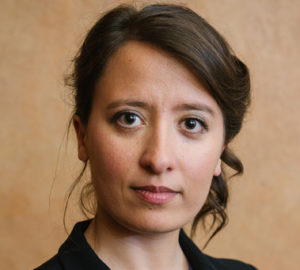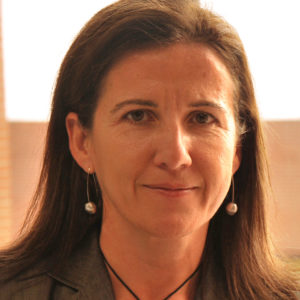Speak of the Devil: The Kremlin’s Futile Attempts at Consolidating a Ukrainian Enemy Image

Elizaveta Gaufman is Assistant Professor of Russian Discourse and Politics at the University of Groningen, Netherlands.
Why did Russia start the full-scale invasion of Ukraine on 24 February 2022? If you examine the numerous statements released by the Russian government and pro-Kremlin media, there are many reasons to choose from, from biological laboratories that are supposed to infect birds with diseases that can spread among the Russian population, to NATO, to the tried-and-tested narrative about “Ukrainian Nazis.” However, recently a new reason was put forward by the Russian government: “de-satanification” of Ukraine. It seems that the Kremlin can no longer persuade the population to fight against Banderovites (the name Russian propaganda uses for the Ukrainian military), and they decided to resort to a much more comprehensive enemy image—the Devil. As a scholar of enemy images, I argue this turn in Kremlin rhetoric shows that the Russian government has exhausted all possible ways to deride Ukrainians and is going for the metaphysical jugular. While it is a staple method in propaganda, this strategy is going to fail for a number of reasons, including very low religiosity levels in Russia. However, it is important to take a look at the enmification mechanism altogether.


